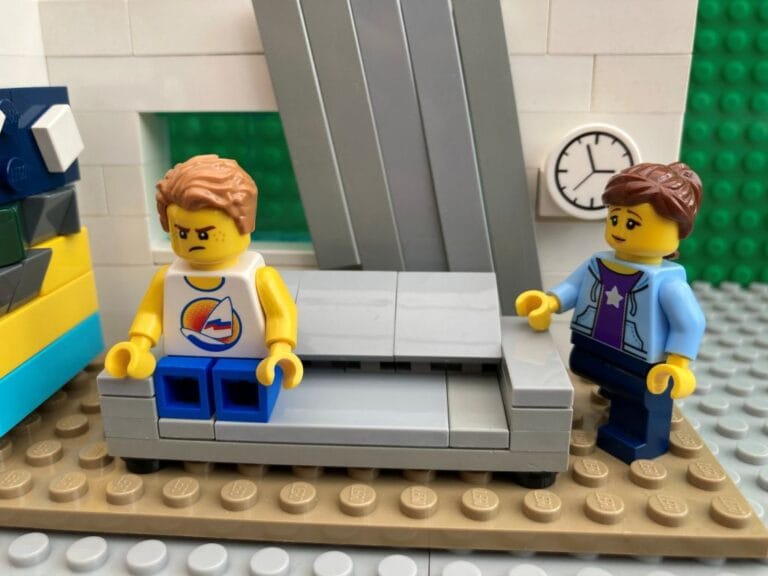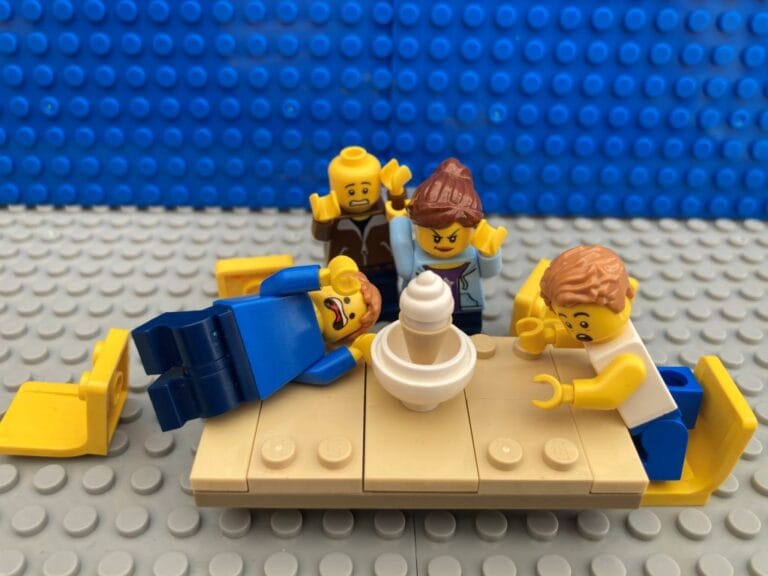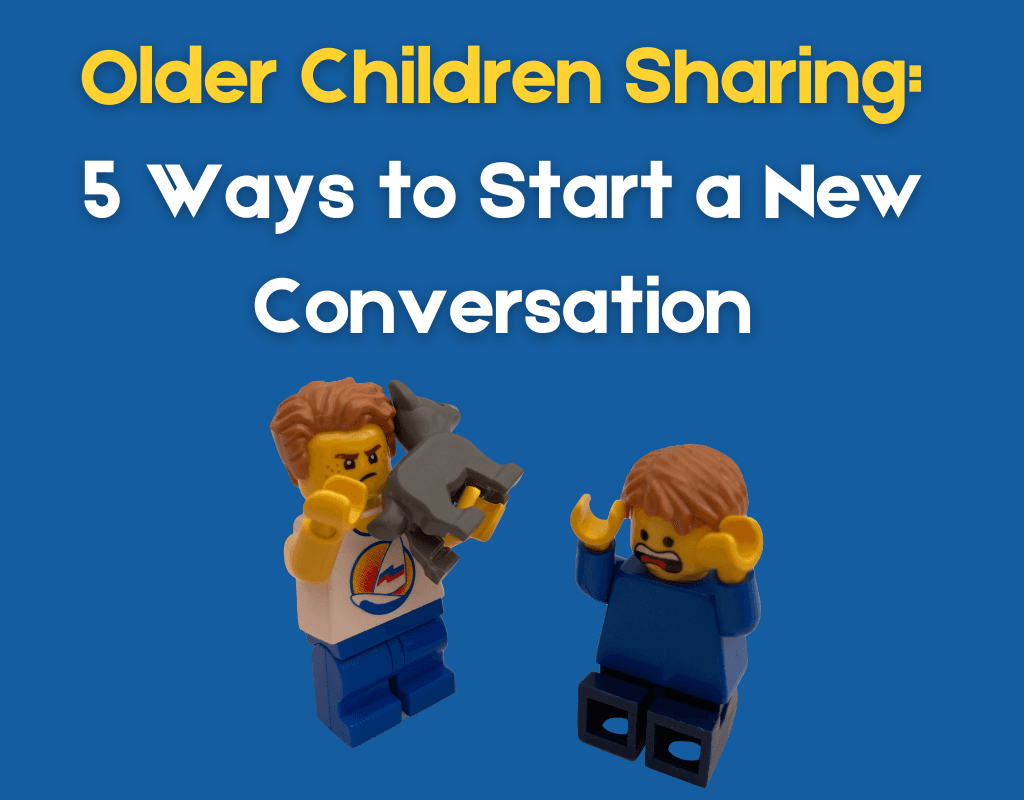When it comes to older children sharing, I have found that the conversation becomes much more complex. The phrase “it’s mine” or “I still need it” might actually be a reasonable arguments that we can’t just gloss over as parents. So, how can we help our older children to see the benefits of sharing and generosity? How can we start a new conversation that shifts the focus from forced sharing or keeping things fair to a more realistic approach to sharing that fits the needs of a transitioning young adult. Here are our 5 Ways to start a new conversation with realistic principles for older children sharing.
Read our Older Kids Sharing story here.
Older Children Sharing – 5 Principles to Reduce Conflict and Improve Relationships
1. Talk Options
With younger children, more simple sharing techniques may have been appropriate like turn-taking, forced sharing and removal of certain items. But these tools all have their downfalls and they often remove choice from the children.
Take the time to discuss possible sharing options with your older child. Work with them to find a compromise that suits everyone and works within the boundaries of your parenting. Give your older child choices that enable them to choose a path that continues to grow relationships with their siblings or friends not destroy and grows resentment or bitterness.
Older children can have strong opinions on fairness, ownership and making their own decisions. As they are on the cusp of young adulthood, we need to be equipping them to make their own choices, to choose when they share, how their share, the importance of sharing and the risk.

2. Talk Generosity
In the adult world the basis of sharing is actually generosity. To be able to have something in your hand and give it or split it with another. And as with all things, sometimes being generous is easy and sometimes it is hard.
But how does that help our older children to share? In our family, we use the phrase ‘open-handed’. It means that we recognise that something is ‘yours’, that you bring some claim of ownership over something. That you are using something and haven’t finished yet. And that is extremely important to you right now.
And we also recognise the family expectation of sharing with each other. That we all live in the same home and we don’t have four of everything. There will always be times where we need to share an item or a particular space.
And we recognise the conflict that those two things bring.

3. Talk Differences
In most cases there is an upside and a downside to sharing. There will be things to gain and things to lose. Sometimes the feelings of loss can be so strong and overwhelming in our older children that they cannot see any benefit to sharing.
As a parent, this is your opportunity to do some ‘big picture adulting’. Can you take a step back from your situation and see it what benefits it could bring to the other person? Can you see the harmony if can bring to the household if we are willing to meet people in the middle? Sharing shows people that you care about them. It builds trust between people that grows with each interaction.
Approach this part of the conversation gently. Children are not adults and they may not be able to understand this concept yet. But by modelling and talking about it without pressure or demands, you are equipping them for adulthood in a much deeper way than offering a quick sharing fix.

4. Talk Risk
As children get older, the items that they own generally become more valuable or more personal. We are suddenly not longer talking toys or footballs – things that can be easily or affordably replaced. As they venture in young adulthood, they may have items such as watches, smartphones, specific items they have purchased with their own money and thus have great personal value to them even if inexpensive.
So the sharing conversation needs to include the topic of risk. Its a hard lesson to learn but you cannot trust everyone equally and it is not always easy to judge people correctly.
Talk to your child about their personal sharing boundaries. Talk about sharing with people who are safe or who you trust. And that as you get older you are not obligated to share with anyone who demands your stuff off you. They will have to make a choice.
And always remind them that mistakes happen. Sometimes they will share something and it will get broken. Or lost. Or stolen. And they always have a safe space at home to come back to.

5. Share Your Story
Model your sharing story to your older kids. Talk about when others have shared with you and how it positively impacted your life. Remember back to times when you needed something and it was provided by somebody else. We may learn the principle of sharing as children but the impact we can have increases dramatically when we are a grown-ups.
More Information on Older Children Sharing
For more information about having deeper conversations with your teenager, click here.
DISCLAIMER: The Lego Group of Companies does not sponsor, authorise or endorse this site.

